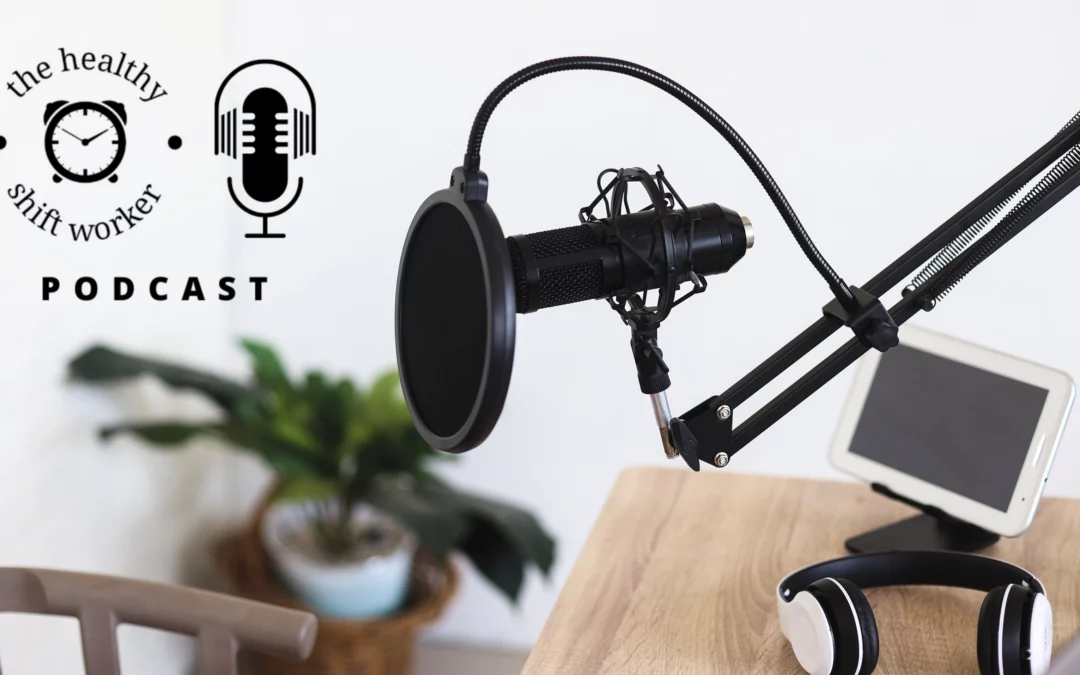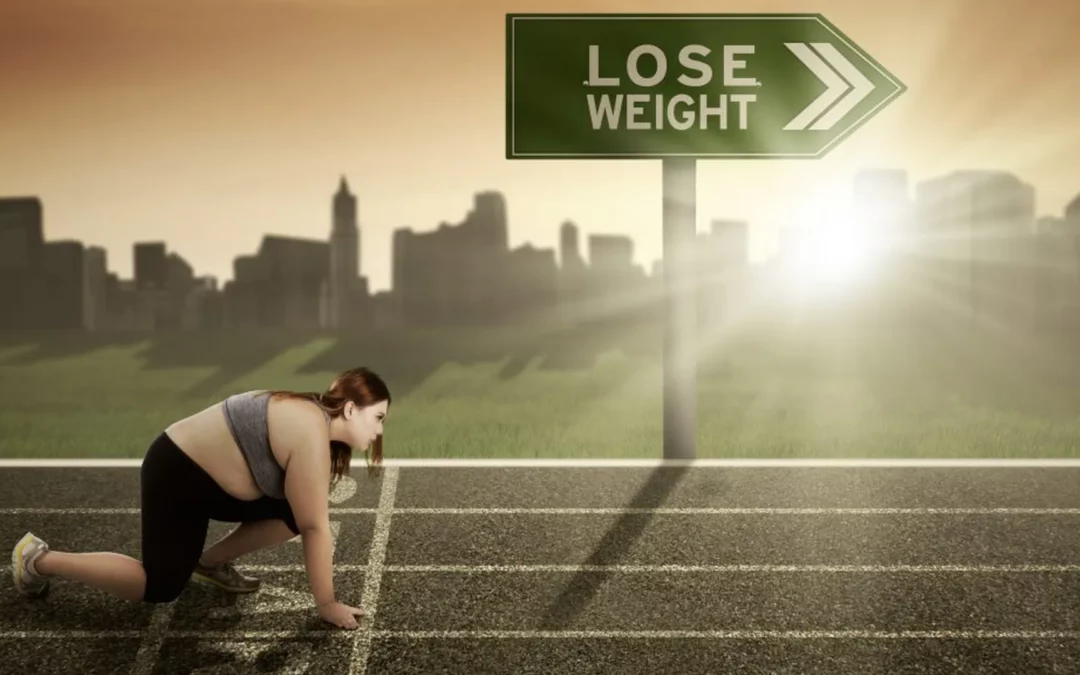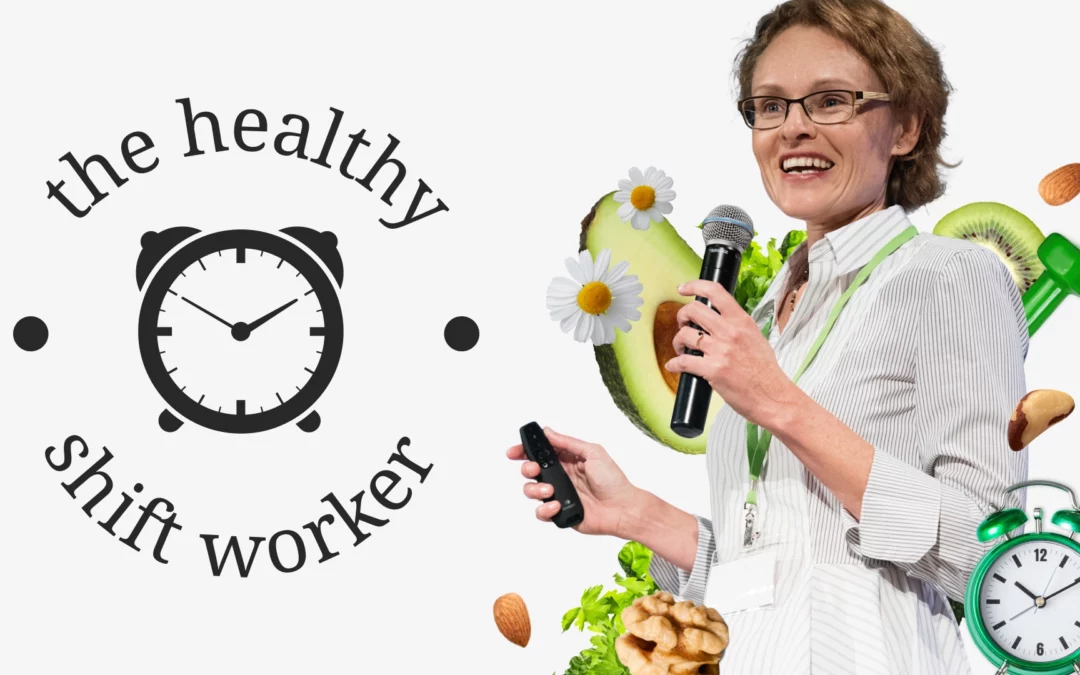
by Audra Starkey | Sep 24, 2021 | De-stress, HSW, Immunity, Nutrition, Sleep
Did you know there are a zillion things that can contribute to us getting sick? Nutritional deficiencies Overconsumption of sugar/processed foods Insufficient quality sleep Lack of sunlight/nature Sedentary lifestyle Excess alcohol EMF exposure Overuse of medications...

by Audra Starkey | May 23, 2019 | HSW, Podcast
OK. So this has to be the million dollar question. Is there a perfect shift work diet? After recording a free training recently on this exact topic in my Healthy Shift Workers Facebook Group that generated an enormous amount of interest, I decided to record a...

by Audra Starkey | Mar 30, 2017 | Nutrition
If you’ve ever been on a diet before, then I’m sure the words Fat Free, Sugar Free, Weight Watchers or even the Juicing Diet may be familiar to you? Either way – the options are endless! Given many shift workers endure ongoing weight fluctuations as a result of...

by Audra Starkey | May 26, 2015 | Nutrition
So here’s a question for you. If I was to follow you around for a week and watch what you were eating, would you be eating real food or food-like substances? If I was to come inside your house (by invitation of course!) and open your fridge door and take a look...

by Audra Starkey | Apr 30, 2015 | Nutrition
If you have ever worked 24/7 then I’d say there’s a good chance you’ve experienced weight gain and/or erratic weight fluctuations at some point in your career. It kind of comes with the territory when we work irregular hours. I for one certainly...





